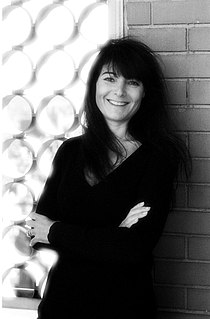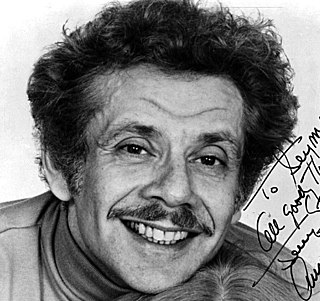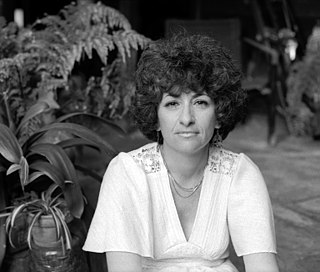A Quote by Julien Baker
When you have an addictive personality, you fixate upon things easily. Routines and behaviors, and ritual, becomes very important.
Related Quotes
[Ritual] dwells in an invisible reality and gives this reality a vocabulary, props, costume, gesture, scenery. Ritual makes things separate, sets them apart from ordinary affairs and thoughts. Rituals need not be solemn, but they are formalized, stylized, extraordinary, and artificial. In the name of ritual, we can do anything. We can do astonishing acts. In the end, ritual gives us assurance about the unification of things.
I always wanted to write a book about a common food that becomes a commercial commodity and therefore becomes economically important and therefore becomes politically important and culturally important. That whole process is very interesting to me. And salt seemed to me the best example of that, partly because it's universal.
Change is difficult and it takes time. It is hard for people to change their own behavior, much less that of others. Change programs normally address attitudes, ideas, and rewards. But the behaviors of people in organizations are also strongly shaped by habits, routines, and social norms. Real change requires new power relationships, new work routines and new habits, not just intent.



































